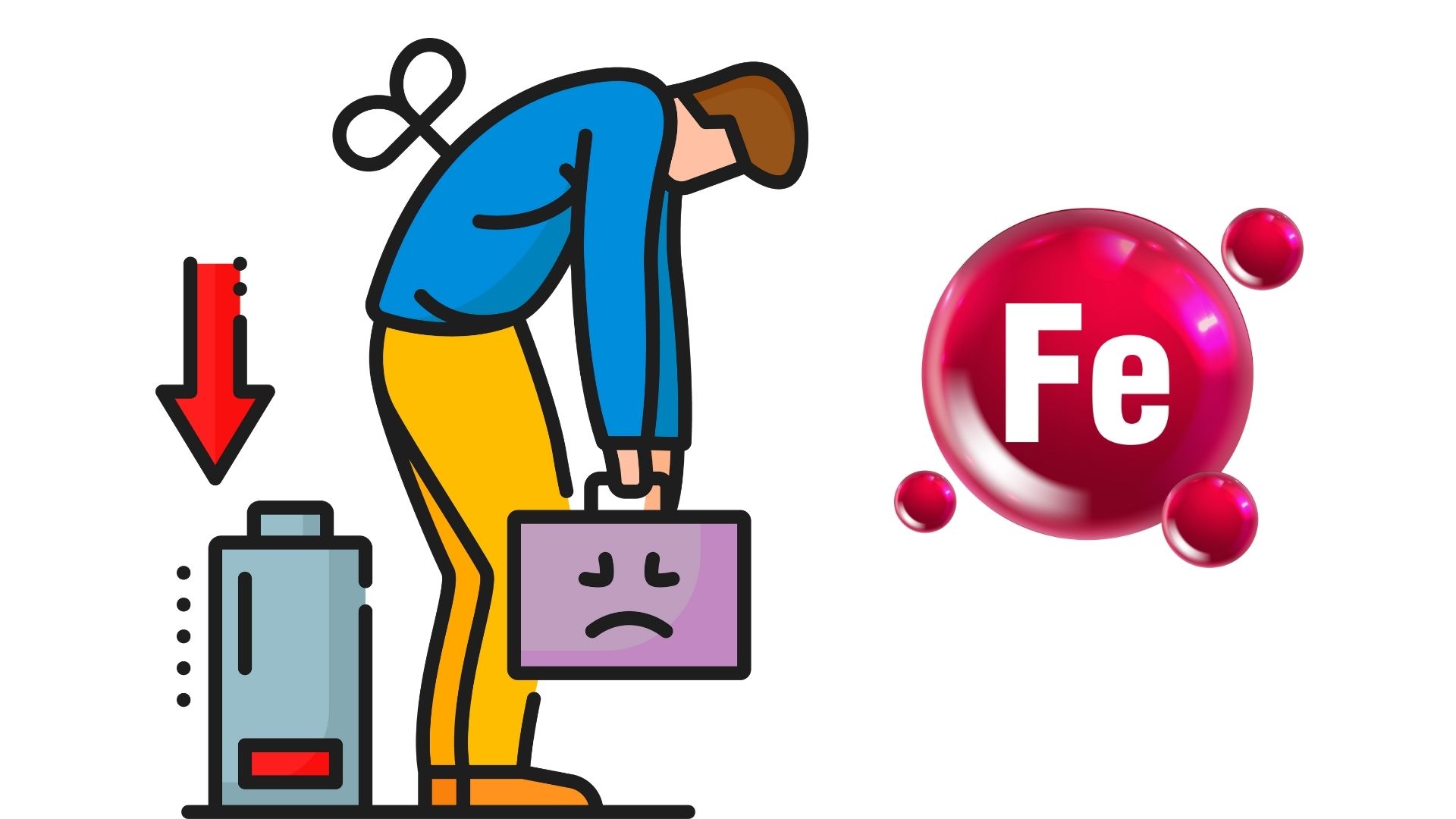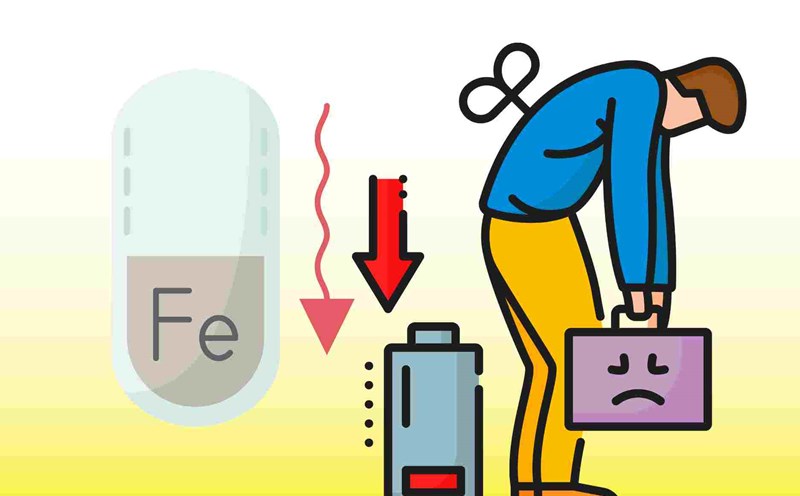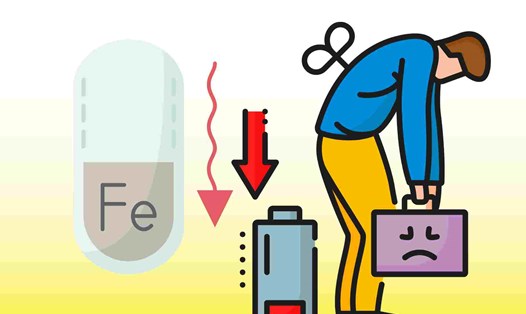
The link between iron deficiency and mental health
Nutritionist Deepti Khatuja at Fortis Memorial Research Institute said that iron is an essential component for the formation of red blood cells and the transport of oxygen to tissues in the body. When there is a lack of iron, the oxygen supply is interrupted, not only making the body tired but also seriously affecting the mind.
Early manifestations of iron deficiency are often reduced concentration, irritability, and mood swings. If this condition persists, the patient may face psychological disorders such as anxiety and depression. All of these signs are closely linked and need to be identified early for timely intervention.
According to a study published in the Journal of Nutritional Sciences, iron supplementation in people with deficiency has helped them reduce feelings of fatigue and significantly improve mental health.
How to prevent the risk of iron deficiency
To reduce the risk of iron deficiency, expert Deepti Khatuja recommends making some changes in diet and daily activities as follows:
- Increase iron-rich foods
Add leafy greens, black beans, brown rice, raw sugar, chicken and fish to your daily diet.
- Eat with foods rich in vitamin C
Vitamin C helps increase the body's ability to absorb iron. So, squeeze lemon into dishes such as beans or vegetables, eat amla regularly and take advantage of seasonal fruits such as oranges and lemons.
- Prioritize fermented foods
Foods such as bean sprouts and fermented dishes can help the body absorb iron better thanks to the natural fermentation process.
Avoid drinking tea/co coffee immediately after meals
between meals and drinking tea or coffee should be at least an hour apart, as these drinks can interfere with iron absorption.











